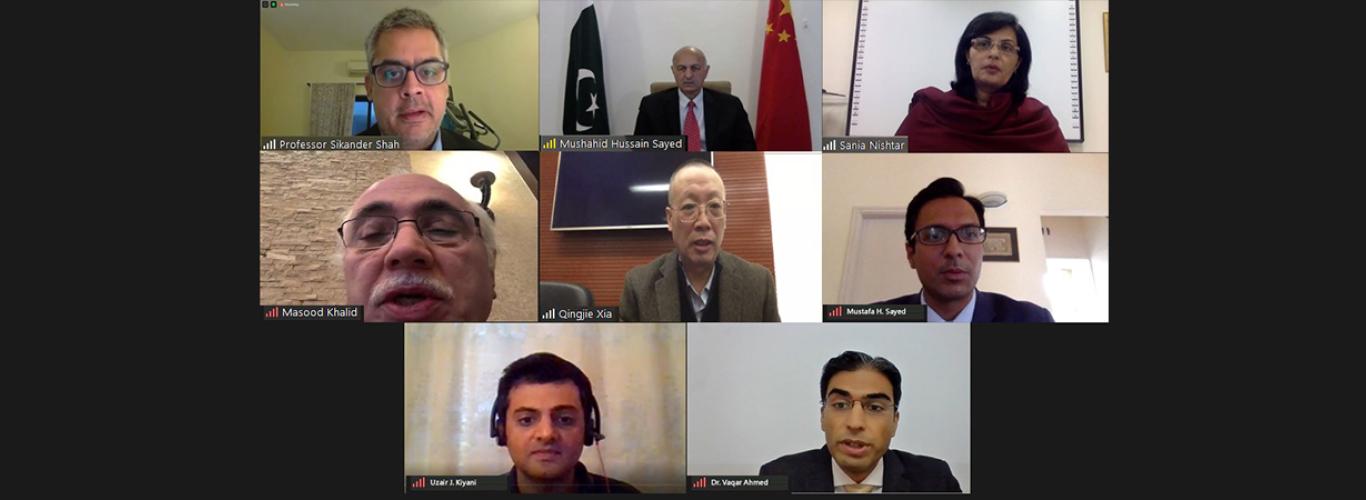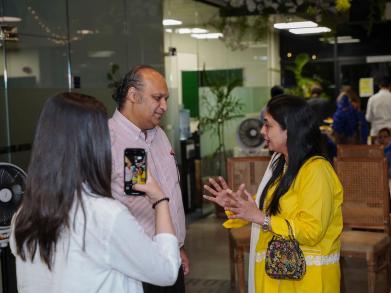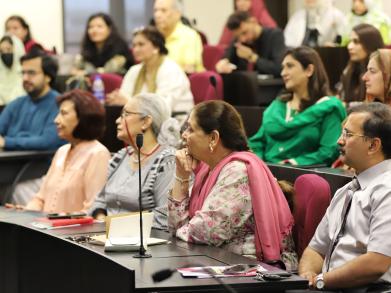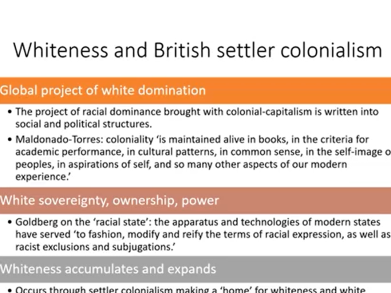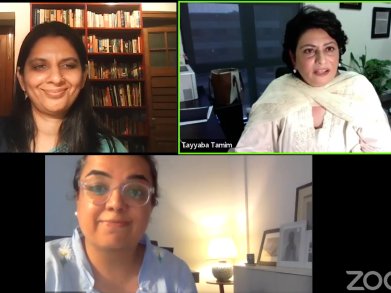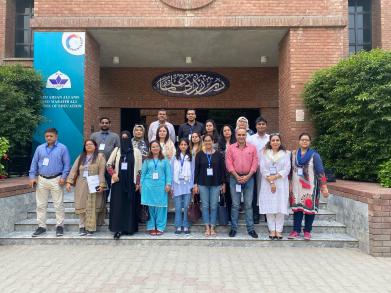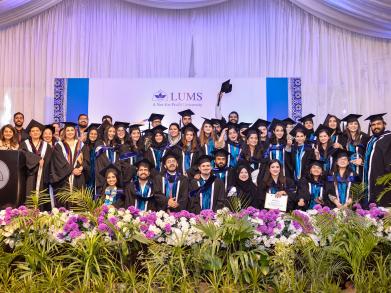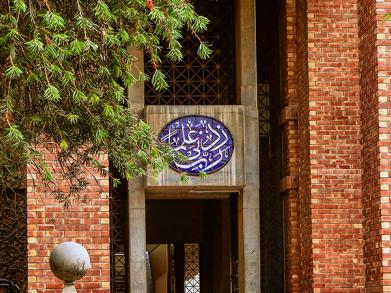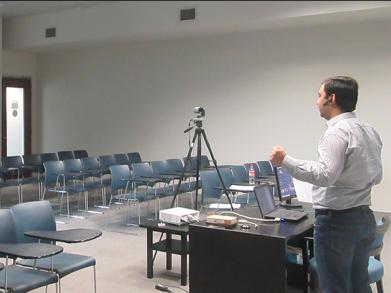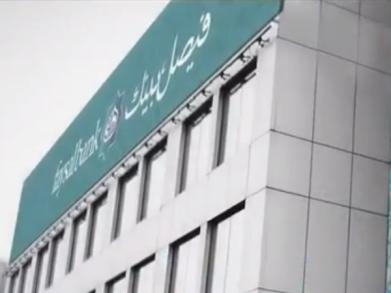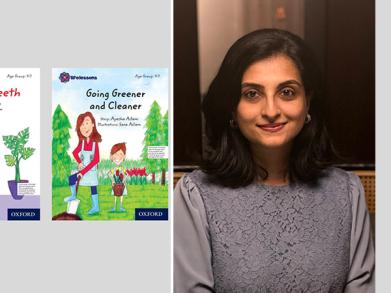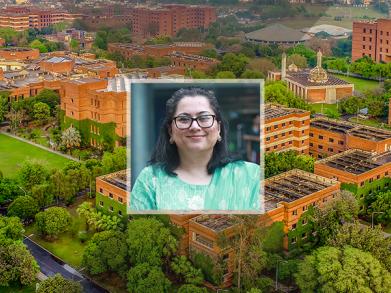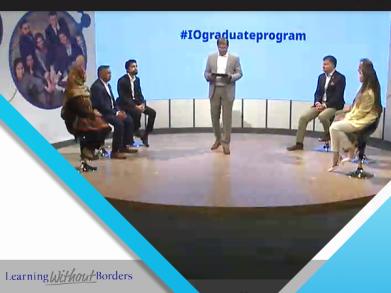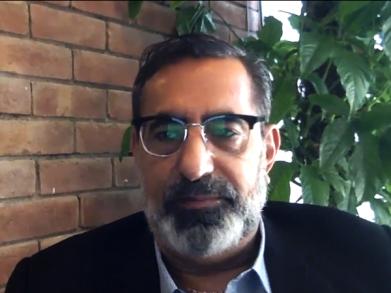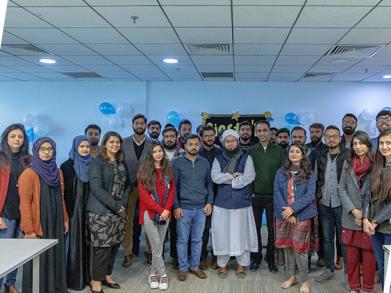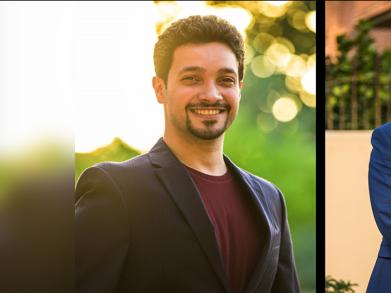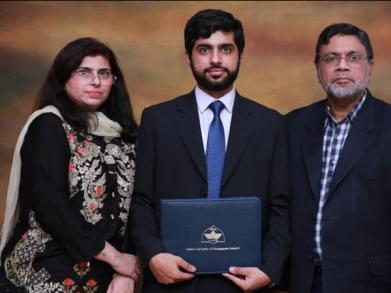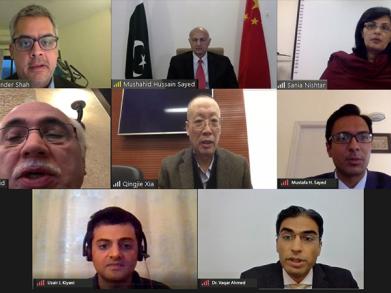CCLS Organises Virtual Conference on ‘Poverty Alleviation, Covid-19 and CPEC’
The Center for Chinese Legal Studies (CCLS) at the Shaikh Ahmad Hassan School of Law, LUMS, in collaboration with the Pakistan-China Institute (PCI) organised a virtual conference on ‘Poverty Alleviation, COVID-19 and CPEC - Connecting the Dots’.
The conference invited experts and legislators including Dr. Sania Nishtar, Special Assistant to Prime Minister on Poverty Alleviation, Senator Mushahid Hussain Syed, Chairman Foreign Affairs Committee in Senate of Pakistan, Mr. Masood Khalid, Former Ambassador of Pakistan to China, Prof. Xia Qingjie, Peking University, China, Dr. Vaqar Ahmed, Executive Director, SDPI; and Prof. Uzair J. Kayani, Faculty, Shaikh Ahmad Hassan School of Law, LUMS.
Moderator Prof. Sikander Ahmed Shah, Director, CCLS explained that poverty alleviation strategies in China have been successfully implemented, and Pakistan too can apply China’s best practices. He underscored the need for people to not only sustain oneself but also kept out of poverty through people acquiring the necessary skills and also through governmental support. “It is an important civil and political right which is being impacted by COVID-19.”
Senator Mushahid Hussain Syed said that though poverty alleviation, COVID-19 and CPEC are separate areas, they are related as they are linked with the future of Pakistan, the future of China and the future of the Pakistan-China relationship. “I would like to say that although this has been a difficult year because of COVID-19 and weakening economies all over the world, CPEC remains on track. Both the governments of Pakistan and China are committed to CPEC as the guarantor of a better tomorrow for Pakistan, its people and the region.”
He also reiterated that China is an example to follow with regards to poverty alleviation. “Within a span of a generation, 700 million Chinese people were lifted out of poverty. Next July is the hundred years of the founding of the Communist party of China and absolute poverty will cease to exist in the country by then, which is a remarkable achievement. I was personally fortunate to see this development in the last several decades through my several visits to China.”
Dr. Sania Nishtar, Special Assistant to the Prime Minister on Poverty Alleviation, spoke about the necessity of economic growth. “We know from experience around the world that massive strides in poverty alleviation happen only when there is massive growth, and government ability to distribute the benefits of that growth equitably to populations. We can foresee that CPEC can create that paradigm of growth, that it can create the jobs and livelihood opportunities that are necessary to bring to people in poverty at this very crucial time. Our government as a whole takes CPEC very seriously. And every effort is underway to accelerate action in this direction.”
Prof. Xia Qingjie, shared the experiences of China fighting against poverty and how China come to the current state. “Successful catch-up industrialisation in the past 40 years or so is key. Hundreds of millions of rural laborers have migrated and worked in cities and hence have been lifted out of poverty. What is the ultimate cause of China’s success? The current political and economic regime led by the Chinese Communist Party.”
Mr. Mustafa Hyder Sayed, Executive Director, PCI presented his closing remarks for the conference and urged the audience to also focus their energies on the small and medium enterprises that enhance the vocational potential of our country.
The conference received active and warm feedback from the participants and served as a constructive discourse of Pakistan in its effort towards welfare reform, strong institutional governance and fighting the poverty trap.




